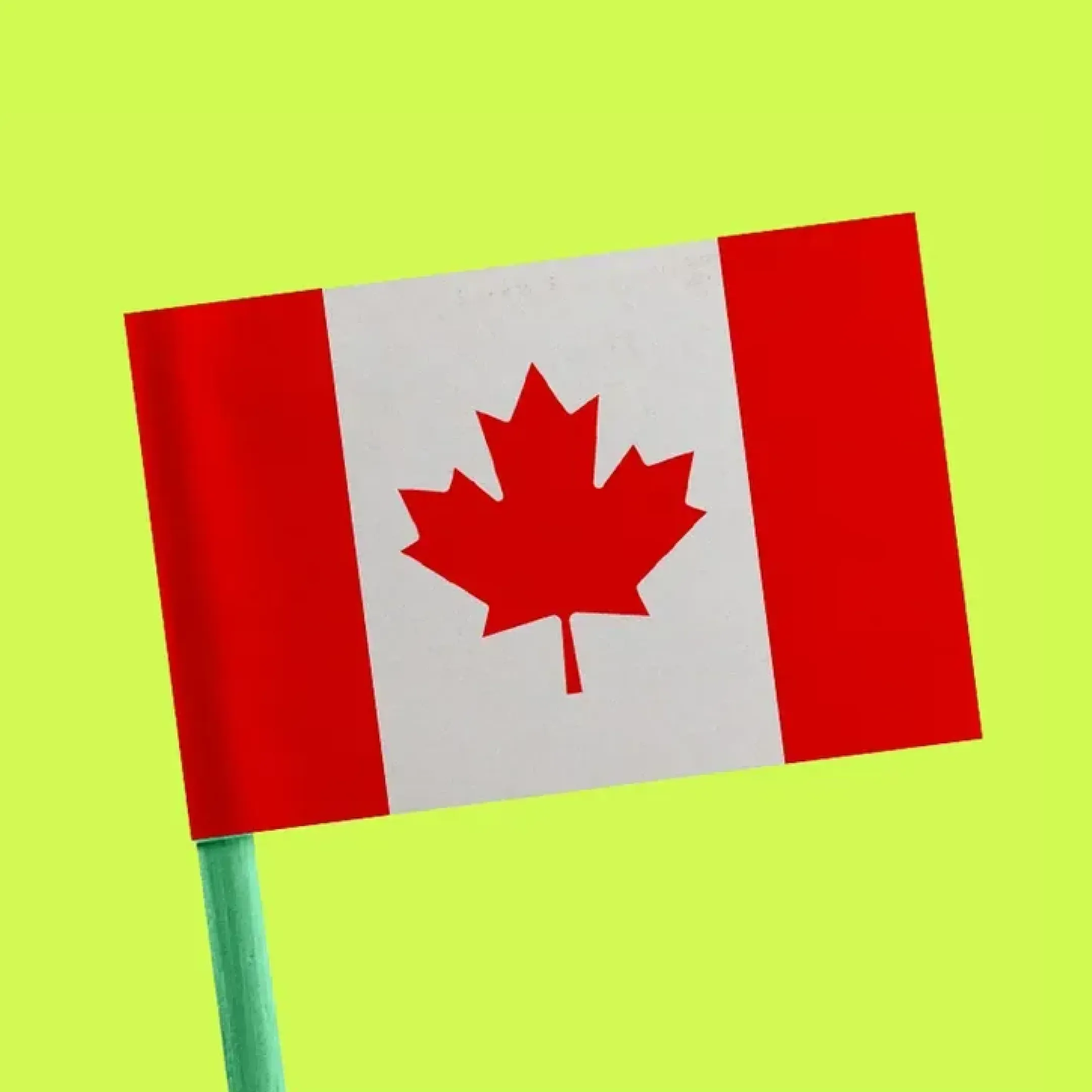Spanish | Traditional Chinese | Simplified Chinese
Canadian Income Taxes 101.
If you’ve just worked your first job, or just moved to Canada, or are simply eligible to start receiving credits and benefits, you might be wondering how Canadian income tax works – H&R Block’s taxes 101 will help you better understand the Canadian income tax system and how it all works.

Tax Checklist
Make sure you have all the slips and receipts you need to file your taxes with our handy tax checklist.
What's income tax?
Income taxes are a percentage of a person’s earnings that are owed to the provincial and federal governments to help pay for things like roadways, hospitals, the healthcare system, and other social services provided by the government.
The percentage increases with the amount you earn, known as a graduated or progressive tax system. Essentially, if you earn more, you pay higher taxes. However, no one in Canada is taxed federally on their first $15,705 (in 2024) earned for the year. This is called the basic personal amount.

How the Canada Revenue Agency collects income tax.
To get a job in Canada, you must have a Social Insurance Number (SIN) which is tied to your identity in the country. Your employer withholds tax from your paycheque and remits to the Canada Revenue Agency (CRA). Then annually your employer will send details of your year’s income to you and the CRA.
From there, you’ll need to file your taxes with the CRA. Quebec residents also need to file a tax return with Revenu Quebec, but residents of other provinces/territories only need to file with CRA. You must indicate all your earnings and confirm or update the information they have on file to determine what credits and benefits you’re entitled to. This is also to ensure your employer withheld enough tax and to determine if you owe more.
It's recommended that you file a tax return even if you didn’t earn any income, because there are credits and benefits that you may be able to access only through filing a tax return. This includes:
- The Canada Child Benefit – monthly payments made to parents/guardians of children under 18 years of age, which could mean up to $7,787 per child annually. The amount is reduced gradually based on your income.
- The GST/HST credit – a tax-free quarterly payment that helps those with low and modest income offset the GST/HST that they pay on goods.
- Guaranteed Income Supplement – for lower-income recipients of Old Age Security.
- To qualify for supplemented housing support, you need to provide a current tax return.
How to pay your taxes.
Firstly, you need to collect all relevant documentation in order to file your taxes. This includes:
- Your social insurance information.
- Your income slips from your employer, usually T slips (T4 is the most common).
- Any other record of income, especially if you’re self-employed.
- Investment details such as RRSP contributions.
- Any other receipts you have that qualify for tax deduction, such as medical expenses not covered by insurance, home office costs, or deductions related to your business (such as cleaning supplies for an Airbnb).
The Canadian tax deadline is April 30th, but if the deadline falls on a weekend it's extended to the next Monday. For people who are self-employed, the tax deadline is June 15th (if this date falls on a weekend the deadline will also be extended to the following Monday). It's important to note, that if you're self-employed and you owe taxes, you're supposed to pay them by April 30th. It's best to file early if you're uncertain if you'll owe.
If you owe taxes, you're meant to pay them in a lump sum, or you can work with the CRA directly to determine a payment plan. If you file late, you’ll owe 5% of what you owe, plus an additional 1% fee each month you’re late, up to 12 months. You'll also owe interest on the taxes due.
You can file and pay your taxes through the CRA portal, called My Account, or you can do so by phone or mail. You can use a tax preparer such as H&R Block to file on your behalf to ensure you’ve done everything correctly and to ensure you’ll get the biggest refund you’re entitled to.
Quick facts about Canada's income tax system.
- The CRA uses the honour system, meaning most of the time they’re not checking or auditing your tax filing to ensure you’re telling the truth. However, they are able to audit your taxes as far back as 6 years.
- The CRA recommends you keep your tax records for 6 years for this reason.
- If you’re careless or negligent in your tax filing, there’s no limit to how far back the CRA can go to audit you.
- If you realize you made a mistake on a previous tax filing, you can amend it for up to 10 years back.
- If you earned income from another country, you must report that income on your taxes.
- Canada has tax treaties with more than 90 countries to avoid double taxation.


Questions?
For any questions about how to file taxes, and ultimately get your biggest tax refund, find an H&R Block office near you to book an appointment with one of our Tax Experts.